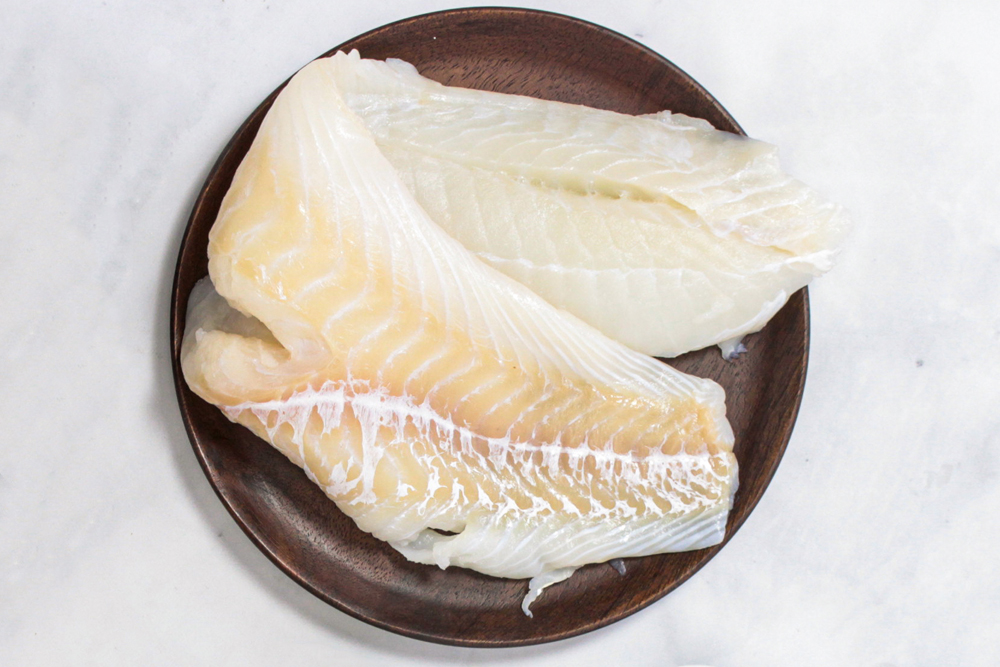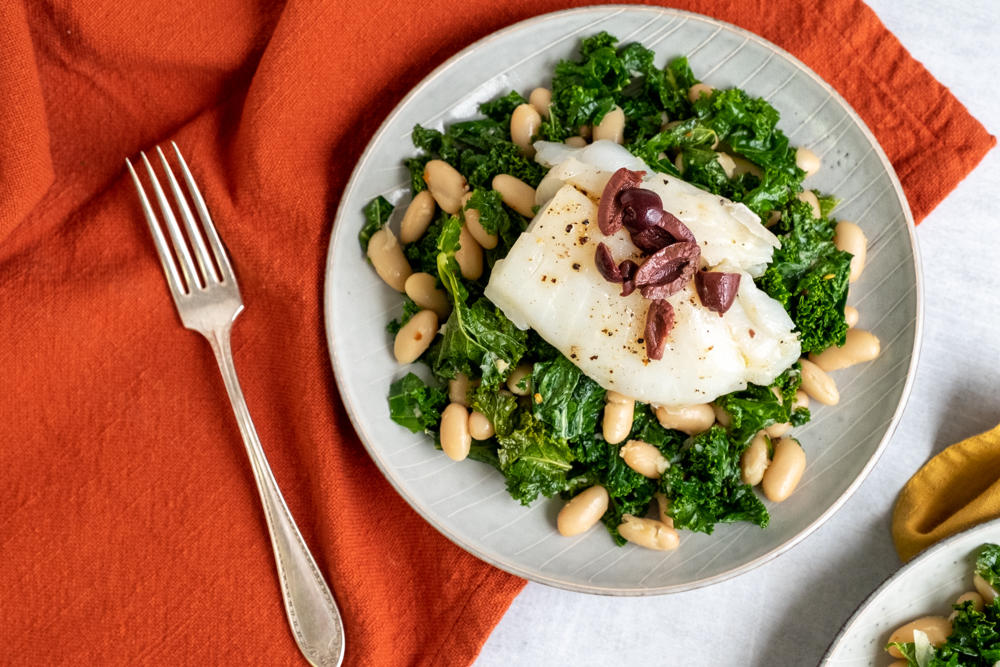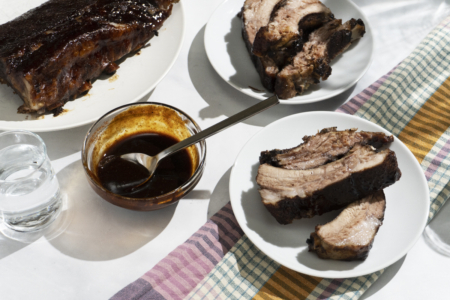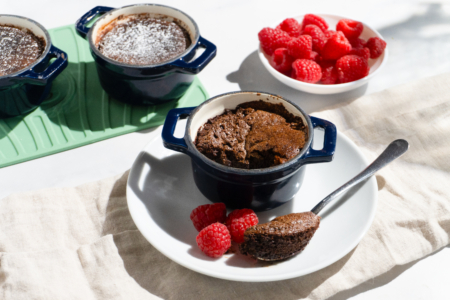Haddock is a white fish with a firm texture and delicate flavor. The fish is extremely popular in the United Kingdom where it is a staple of fish and chips takeaways. Haddock is a sweet and delicately flavored fish. Cold smoking haddock is also a popular preservation technique similar to smoked salmon. Smoked or unsmoked, haddock, like all white fish, is ideally suited to precise sous vide cooking. This cooking method allows you to cook this delicate fish to its ideal temperature and texture without drying it out. Follow this simple guide to prepare tender and succulent haddock every time.
Temperature and cooking times for haddock
| Temperature | Time | Result |
| 125°F* | 30-60 minutes | Tender, slightly flaky |
| 130°F | 30-60 minutes | Medium, firm, moist, and flaky |
| 135°F | 30-60 minutes | Well done but still moist, flaky |
Depending on the thickness of the Haddock, we recommend cooking it for between 30-60 minutes. Certain tougher proteins benefit from some extra time in the sous vide water bath however fish should be removed as soon as possible. If the fish is left in the Suvie or sous vide bath for longer than an hour it will start to develop a dry, unpleasant texture.
Follow this link to find out more information about Suvie cooking times and temperatures.
Ingredients
- Haddock fillets
- Salt
- Pepper
- Olive oil or butter
Equipment
- Suvie or an immersion circulator
- A large pot (if using an immersion circulator)
- Freezer safe sealable plastic bags
Directions

Season the haddock generously on both sides with salt and pepper, place in a sealable freezer bag (remove air from the bag using the water displacement method). Add 2 tbsp of olive oil or some butter and seal the bag.
If you’re using an immersion circulator, pre-heat your water bath to the desired temperature.
Vacuum seal bag using our DIY vacuum-sealing guide. If you want your fish brined you can store in the fridge for at least 30 minutes before cooking to allow the seasoning to penetrate the fish.

If you are using Suvie, place the bag in the protein pan and cover with water. Cook using the following settings:
Suvie Cook Settings
Bottom Zone: Sous Vide at 125-135°F for 30 to 60 minutes (based on desired doneness)
Top Zone: Sous Vide at 125-135°F for 30 to 60 minutes (based on desired doneness)

Once the cook is finished, remove the fish from the water bath or pan.
Remove the fish from the bag and place on a plate.
Finishing
Heat 1 tbsp vegetable oil or butter in a skillet over high heat until the pan is very hot. Once the oil begins to smoke place the haddock fillets in the pan. Press the fish down to make sure that all the surface is in contact with the pan and sear for 1-2 minutes without flipping. Remove from pan once lightly browned.
Serve immediately and enjoy!
Recipes to try
Cod with Kale and Beans

FAQs
Should I add oil during the sous vide process?
You don’t have to, but we strongly recommend it. Unlike steak or chicken, fish benefits from a little bit of fat during the sous vide process.
Can I leave the haddock fillets in sous vide for longer than 60 minutes?
As with all proteins, at low temperatures, haddock that is left in the sous vide bath for too long will develop a soft texture that some may find unpleasant. At higher temperatures, the fish will become overly dry.
What’s the chalky white substance on the exterior of the fish?
You may notice a white film forms on the exterior of your fish after it has cooked. This is albumin, a water-soluble protein that coagulates when heated and is completely safe to eat. It’s the same protein you find in egg whites and milk. Simply rinse or carefully brush off the albumin with a paper towel to remove.
Note: Adding oil to the sous vide bag should help to inhibit the development of the albumin.
Where can I get vacuum sealed proteins?
If you don’t want to fuss with vacuum sealers and ziplock bags you can skip the store and order the Suvie Protein Box. Just put together your ideal combination of preseasoned, portioned, and vacuum-packed high-quality meat, poultry, or fish. We deliver it to you frozen in a carefully-packed box.
Can I use skin-on haddock fillets?
Yes, this method will also work with skin-on haddock fillets. Also, if you only have skin-on fillets and want to remove the skin wait until after the sous-vide process. The cooking process will break down the connective tissue making it easier to remove the skin before serving.



